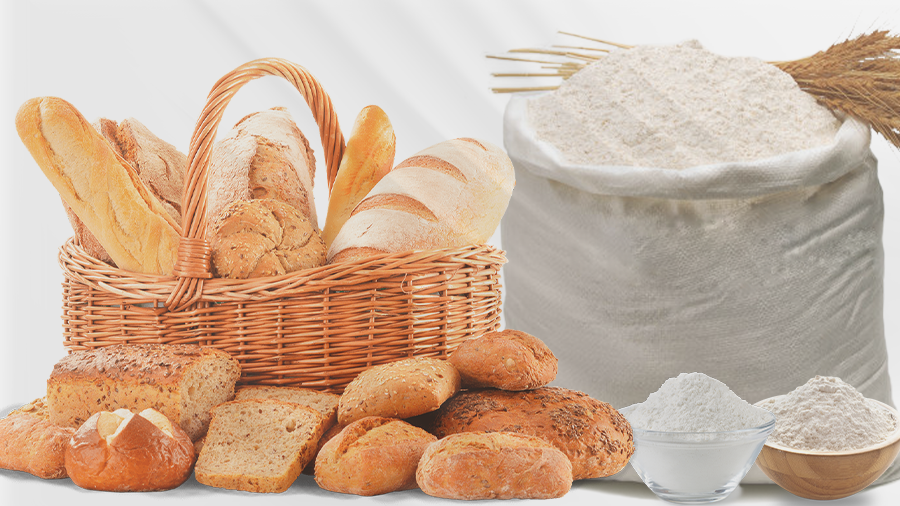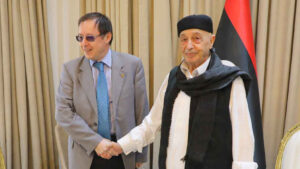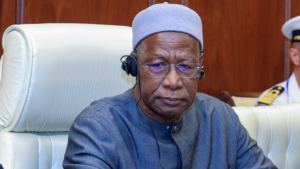Human Rights Watch said in a report on Monday that Libya relies on Ukraine for over 40 percent of its wheat imports, adding that within the first week of Russia’s full-scale invasion of Ukraine, the price of wheat and flour soared as merchants wary of supply disruptions raised prices up to 30 percent.
The report added that the Ministry of Economics and Trade on February 26 said that the country had strategic reserves for soft wheat to last six months, but could not prevent a flour supply crisis in several Libyan cities.
“On March 7, the ministry decided to impose measures to prevent a full-scale crisis that included punitive measures such as freezing the commercial registration of flour companies and mills that did not adhere to the distribution mechanism approved by the ministry, which maintains a single price on flour.” The report indicated.
Other decisions included increasing the strategic stock of wheat to enable flour mills to operate at full production capacity for at least three months, restricting the distribution of flour to bakeries through the General Syndicate of Bakeries, and setting 110 Libyan dinars (about US$22) as a maximum for a 50-kilogram bag of flour.
“The government also promised to address financial and customs concerns for companies affected by these measures.” Human Rights Watch added, explaining that after a decade of intermittent armed conflicts, political deadlock, implosion of central authority and emergence of unaccountable warlords, large segments of the population are in need of support and are prone to food insecurity.
According to the World Food Program (WFP), prior to the crisis in international food markets from the Ukraine conflict 12 percent of Libyans – or 511,000 people – would need assistance in 2022.
According to the UN International Organization for Migration (IOM), there are 635,051 migrants, asylum seekers, and refugees in Libya, one fourth of whom are considered moderately or severely food insecure, according to the WFP.





